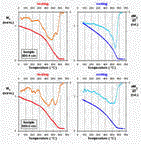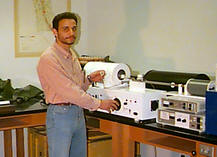|

If you have "smoothed" your data by computing their running average,
then you have practiced data processing. Processing of data is a first
step towards their interpretation. Geophysical data processing involves the application of the
methods and techniques of statistical and filter theories to produce "better" data or
"transformed" data. This course
provides a basic practical background in these methods and techniques. It
introduces in compact form various important topics in data processing
including elementary statistics, experimental error analysis, time series
analysis, stochastic processes, convolution and LS filtering, and computer
aided simulation of simple geophysical systems.
TOP |
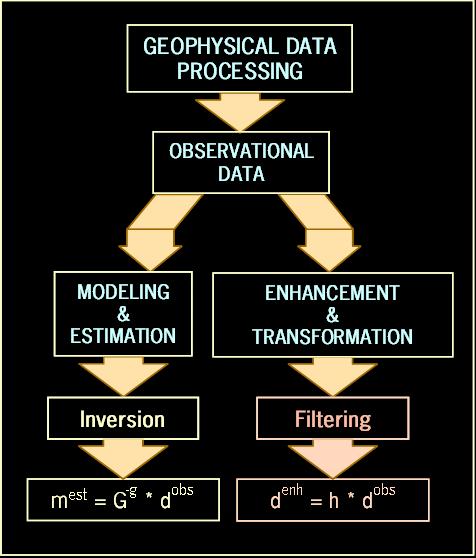
|
|

Much of the
explorationist work is centered on making inferences about the subsurface
from geophysical observations made at the surface. This is geophysical data inversion!
Applied geophysical inversion has indeed become the basic tool of the
trade. It is being used by geophysicists in all fields from seismic
exploration and reservoir modelling to archaeological prospecting and
environmental assessment.
This course is
intended for geoscientists who practice data analysis and hence, data
inversion. Using Matlab as a training tool, we introduce the students to
the basic concepts and methods of geophysical data inversion via real but
miniaturized geophysical problems. It covers the most important aspects of
linear inversion such as norm-based inversion; placement of constraints
and introduction of prior information; solution appraisal via resolution
and covariance measures. In addition, modern inversion strategies such as
sequential, joint, and cooperative inversion are discussed and compared
with the conventional direct inversion approach. Students will have the
opportunity to apply these inversion techniques on real data and draw
their own conclusions.
TOP |
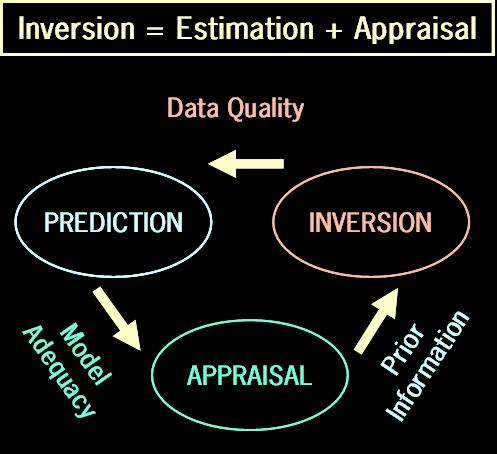
|
|

This course is
tailored to the needs of new geophysics graduates who plan to peruse
careers in potential field geophysics. The course offers in-depth
discussions and practical training on up-to-date methods and techniques
used in the analysis and interpretation of potential field survey data.
Topics covered include: linear transformations (fields continuation,
directional derivatives, pseudogravity and pseudomagnetic transformations,
etc), filtering, modeling and inversion in the space and frequency
domains, depth-to-basement analysis techniques, gradients and source
boundary analysis. |
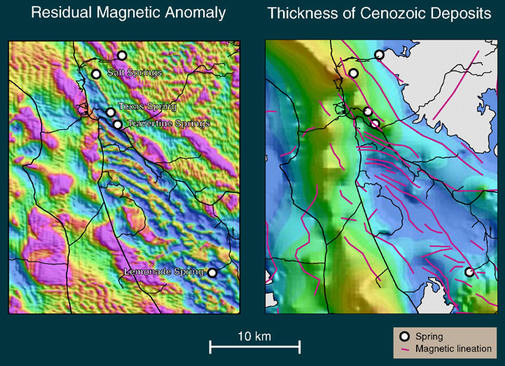 |
|

This course is intended to introduce interested earth scientists to the
fundamentals of rock magnetism, and provide them with a hand-on training
on applications of some of its powerful methods to rock characterization
and petrofabric analysis. The course also provides the needed background
for an introduction to Paleomagnetism. |
|

Paleomagnetism has grown to be a
sophisticated and versatile tool in the geological sciences. Many earth
scientists find themselves in need of basic knowledge of the concepts of
paleomagnetism and its applied methods and techniques. This course is
designed to provide that basic background with a practical approach.
Participants will conduct practice-studies involving field, laboratory,
data analyses, and interpretation tasks. |
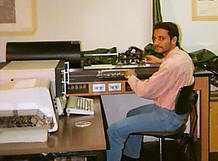
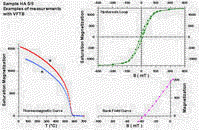
![]()
